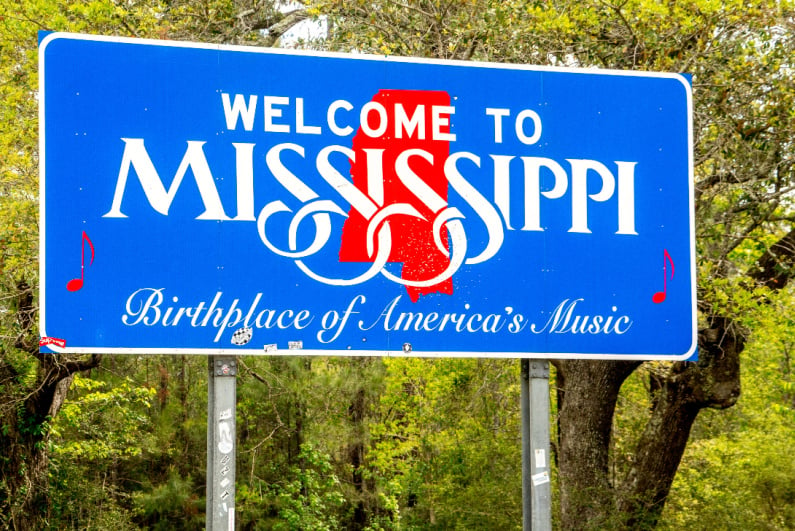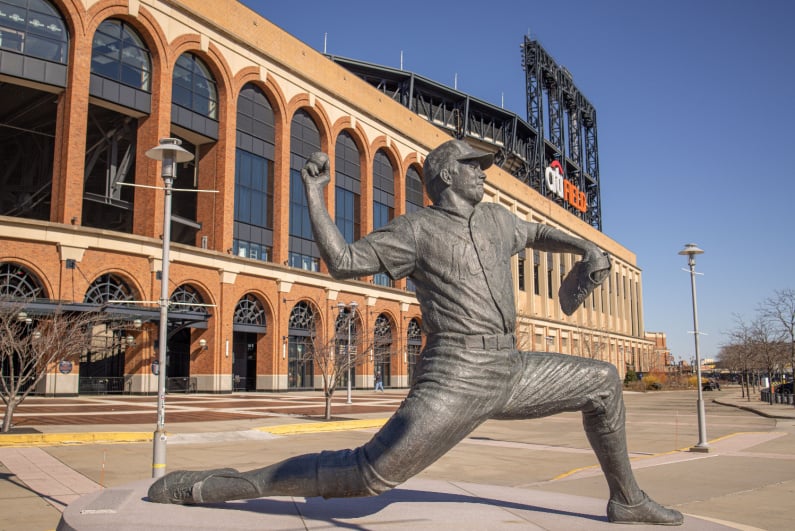One step forward, one step back
Gambling expansion continues to be at the forefront of legislative efforts in the United States. In Maryland, the full Senate recently passed an amended version of the House’s sports betting bill. If HB 940 continues to propel forward, Maryland will have one of the most open legalized sports betting markets in the nation.
In Alabama, efforts to approve casino gaming and the lottery continue to fail. This week, the state Senate delayed a vote on lottery legislation, as the measure’s sponsor felt there were not enough votes for it to pass. The bill is now stalled. Negotiations should resume soon for future consideration.
Maryland sports betting bill
In Maryland, a second reading of the sports betting bill took place on Thursday. The bill included amendments by the Senate where an unlimited number of licenses would be available to operators. In early March, the House bill passed with only 37 licenses available in three different areas within the sports betting market.
As the bill moves forward, it will allow wagering to take place at nearly every qualified venue. This includes businesses with fewer than 25 employees. The Senate made the changes to include more women- and minority-owned companies.
The majority of the questions asked during the hearing centered around the minority participation component. Lawmakers made the issue a priority and added a special fund so that small businesses owned by minorities or women would have help with licensing fees, targeted training, and operational costs.
exclusion zones so that sports betting venues will not create oversaturated areas
The bill also includes exclusion zones so that sports betting venues will not create oversaturated areas in the state. The measure includes tiered application fees with different price points based on the type of facility.
Class A1 licensing will start at $2 million. This group includes casinos and professional sports teams. Businesses that have 25 employees or fewer will only pay $50,000 for licensing.
A third reading may take place Friday. The measure will then go to the House for consideration based on the amendments added by the Senate. If the House approves the measure, it will be sent to Governor Larry Hogan for signing.
Division in Alabama over lottery issue
On Wednesday night, a vote on lottery legislation in Alabama was delayed. The bill’s sponsor, Senator Jim McClendon, asked to carry the bill over because he faced a filibuster threat. The Senator worried the bill would be changed to include casinos.
As it stands, the bill would allow lottery tickets to be sold in stores and kiosks and online via a mobile app. McClendon wants to see the lottery bill pass as is, but he is open to including casinos.
ideally, I would have a simple, straightforward lottery bill”
“Ideally, I would have a simple, straightforward lottery bill,” he said, “but if it requires something more complex than that to get a lottery bill, I will certainly entertain the thought.”
Even though the Senate delayed the lottery bill, lawmakers did vote in favor of a second measure. This bill would set up the structure of the lottery and how revenues would be distributed. While this is a step in the right direction, it means nothing if the lottery measure is not approved.
The new effort comes just shortly after Senator Del Marsh’s gambling expansion bill failed to move forward. The legislation included a state lottery and retail casinos with up to five locations.



